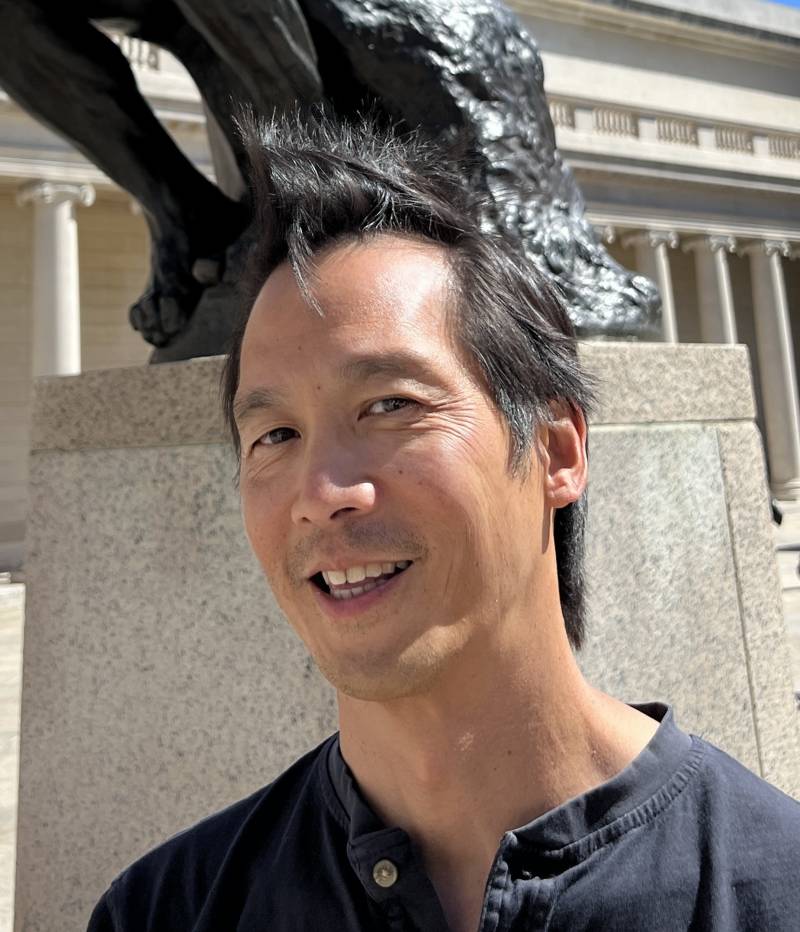Evan Ho finds a personal message in a timeless Christmas classic.
It’s that time of year again when the holiday classics return to our TVs and favorite performing arts venues. Frosty, Rudolph, Clara, Sugar Plum Fairy, George Bailey – these are some of the characters we have come to know so well. And then there’s Ebenezer Scrooge.
I recently watched this protagonist from Charles Dickens’ A Christmas Carol on stage at a local theater. During a fitful dream, the Ghost of Christmas Past showed how Scrooge’s once-warm heart for a woman had turned cold for the pursuit of money. The Ghost of Christmas Present took him to Bob Cratchit’s house to observe Tiny Tim in a home full of love. Finally, the Ghost of Christmas Future pointed the way for Scrooge to painfully see and hear how his demise affected no one and even elicited mocking laughter.
Those familiar with the ending of this tale know that on Christmas morning the reformed Scrooge wasted no time buying an enormous prize turkey for Bob Cratchit’s family, making a sizeable donation to a charity for the poor, and pledging to become a “good man” and a “good friend” from that day on.
Scrooge had lived much of his life selfishly, caring more about the riches of his accounts than the wealth of human relationships and empathy. As a result, he was an unhappy man full of regrets. His three tour guides forced this realization upon him. Fortunately for him, though, he had time left on his clock.
